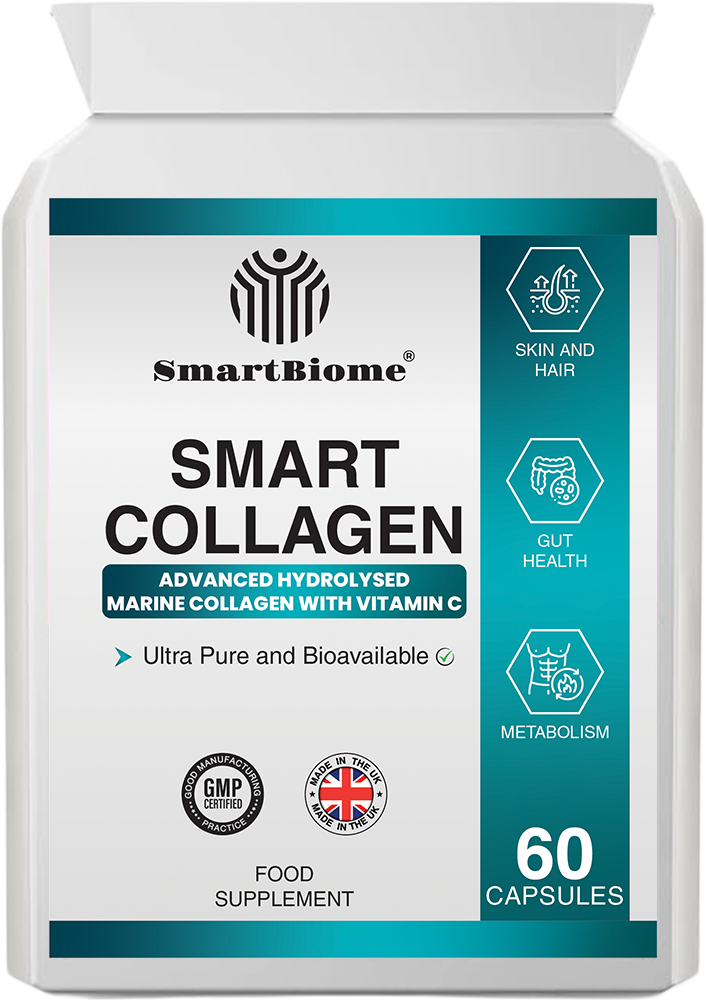The microbiome - a complex community of microorganisms living in our gut - is a dynamic ecosystem critical to our health. It’s responsible for producing beneficial metabolites, supporting the gut-brain axis, and regulating everything from digestion to immunity. Preserving the diversity of this microbial city is crucial, as each "worker" in the microbiome performs specialised jobs. Losing even a few key players can disrupt this balance, leading to health issues.
In an ideal world, we would maintain microbiome diversity simply through our diet and lifestyle. However, many modern habits such as consuming ultra-processed foods, artificial sweeteners, and alcohol threaten to tip the scales. Here’s how these factors impact your gut health and what you can do to support your microbiome.
Ultra-Processed Foods (UPFs) and Emulsifiers
Ultra-processed foods (UPFs) are some of the worst offenders when it comes to harming gut health. These products, often marketed as convenient or even healthy, are loaded with chemicals that extend their shelf life. Unfortunately, many of these additives like emulsifiers are detrimental to your microbiome.
Emulsifiers, such as polysorbate 80 and carboxymethylcellulose, help blend oil and water in foods, creating a smooth texture. However, studies suggest that these substances disrupt the gut lining and microbiome composition, leading to inflammation and poor gut health.
How to Avoid:
- Limit consumption of highly processed foods.
- Check ingredient labels for harmful emulsifiers.
- Choose whole, minimally processed foods instead.
Processed Meats
Processed meats—like salami, bacon, and sausages—have long been linked to health risks, and their effects on the microbiome are no exception. When we consume red or processed meats, our gut bacteria can produce trimethylamine (TMA), a metabolite associated with heart disease and damaged blood vessels.
Interestingly, plant-based diets appear to reduce the microbiome’s ability to produce TMA, offering a protective effect even for occasional meat consumption. Additionally, processed meats often contain nitrites, preservatives that have been linked to inflammation and potential gut damage.
Simple Swap:
Opt for Parma ham or similar nitrite-free options if you do consume processed meats.
Acrylamide from Cooking
Cooking methods can also impact the gut microbiome, particularly through the production of acrylamide. This compound forms when starchy foods like potatoes are cooked at high temperatures (e.g., frying, roasting). Acrylamide is harmful to gut cells and microbiome diversity.
How to Reduce Acrylamide:
- Choose boiling or steaming over frying and roasting.
- Avoid over-browning or crisping starchy foods.
Artificial Sweeteners
Artificial sweeteners such as saccharin, sucralose, and aspartame have been the focus of many studies, with evidence suggesting they can alter the microbiome significantly. One study found that even small amounts of these sweeteners led to measurable changes in the gut bacteria of participants. These effects may be amplified when sweeteners are consumed in ultra-processed foods.
Better Choices:
- Opt for natural sweeteners like honey or maple syrup in moderation.
- Minimise the use of diet sodas or artificially sweetened snacks.
Alcohol
Alcohol is another factor that disrupts the microbiome. Research shows that binge drinking can particularly damage gut diversity. Alcohol also negatively affects sleep architecture, which in turn influences microbiome health and even your food cravings.
Gut-Friendly Swap:
Replace alcohol with tea. Green tea extract and oolong tea have been shown to support microbiome health while promoting relaxation and balance.
Tips for Preserving Microbiome Diversity
-
Eat a Wide Variety of Whole Foods: Diversity in your diet encourages diversity in your microbiome. Aim for different fruits, vegetables, whole grains, and plant-based proteins.
-
Prioritise Fibre-Rich Foods: Foods high in fibre, like legumes, oats, and leafy greens, provide prebiotics that fuel healthy gut bacteria.
-
Incorporate Fermented Foods: Yogurt, kefir, sauerkraut, and kimchi deliver beneficial probiotics to your gut.
-
Limit UPFs and Additives: Stick to fresh, minimally processed options whenever possible.
-
Incorporate Probiotics: Supplement ultra quality and bioavailable Probiotics such as Smart Probiotic










